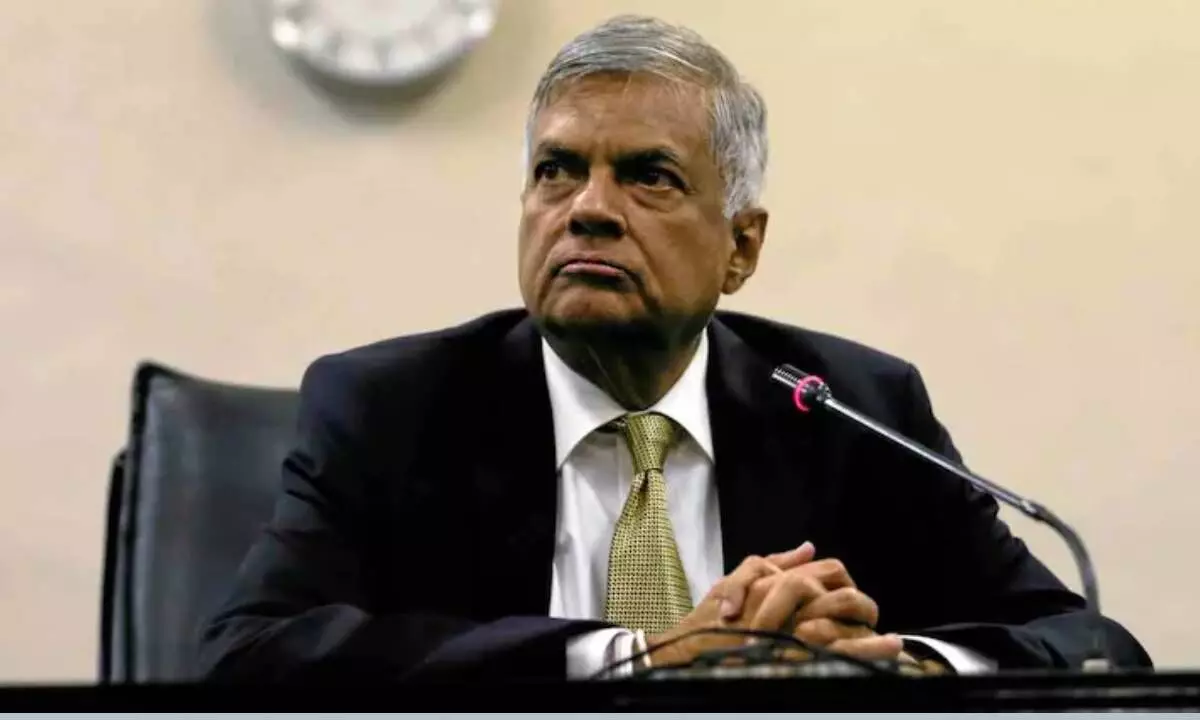Indian government sends medicine consignment for Tamil workers in hill plantation areas
Sri Lanka received a consignment of medicines from the Government of Puducherry to be used for the Tamil workers in the hill plantation regions of the island nation's central province, according to the office of President Ranil Wickremesinghe.
image for illustrative purpose

Sri Lanka received a consignment of medicines from the Government of Puducherry to be used for the Tamil workers in the hill plantation regions of the island nation's central province, according to the office of President Ranil Wickremesinghe.
The consignment, which was coordinated by the trade union cum political party of the plantation Tamils of Indian-origin, Ceylon Workers Congress, was received by President Wickremesinghe. Speaking on the occasion, Wickremesinghe said that the government will appoint a committee to seek how best to integrate the Tamils of Hill Country origin further into the Sri Lankan Society.
"While some of the Tamils of Hill Country origin had integrated successfully into the Sri Lankan society, some have failed and measures would be taken to assist them to do so," he said.
The President recalled the Sirimalwatte-Shastri Pact between the then Indian and Sri Lankan leaders under which some of the Indian-origin plantation Tamils were repatriated.
Wickremesinghe recalled that it was the Ceylon Workers Congress founder the late Saumyamurthi Thondaman who had obtained citizenship for some people who should have gone under Srima-Shastri Pact but decided to stay back in Sri Lanka.
"The government is also encouraging building of houses and issuing lands to the people of Indian-origin in the Hill Country because they must have their own lands and a place to live in just like other groups in the hill country," he said.
Steps would be taken to review the plantation economy that could be affected by people leaving the plantation areas after being educated.
"As people are being educated, more and more are leaving the plantation sector. The government has to find jobs for them as well as for other Sinhalese and Muslims who leave their areas to settle elsewhere," Wickremesinghe said. He was hopeful of resolving the ethnic problem on the island.
The Sri Lankan government became aggressive against Tamilian groups following its war with the Liberation Tigers of Tamil Eelam (LTTE).
The LTTE ran a military campaign for a separate Tamil homeland in the northern and eastern provinces of the island nation for nearly 30 years before its collapse in 2009 after the Sri Lankan Army killed its supreme leader Velupillai Prabhakaran.
According to the Lankan government figures, over 20,000 people are missing due to various conflicts including the three-decade brutal war with Lankan Tamils in the north and east which claimed at least 100,000 lives. International rights groups claim at least 40,000 ethnic Tamil civilians were killed in the final stages of the war, but the Sri Lankan government has disputed the figures.

